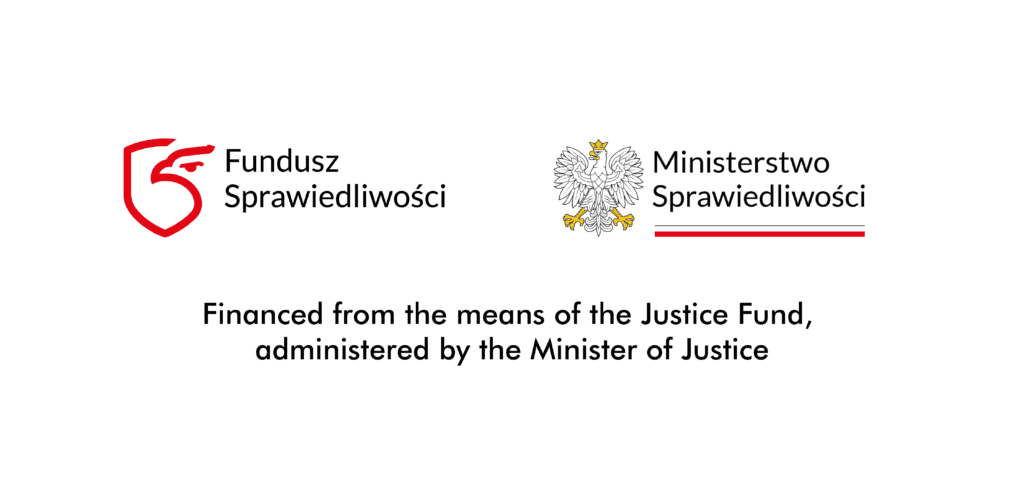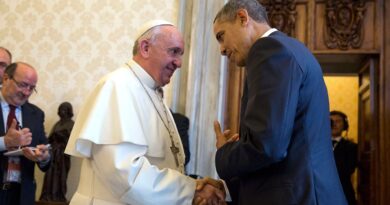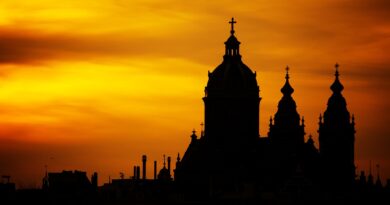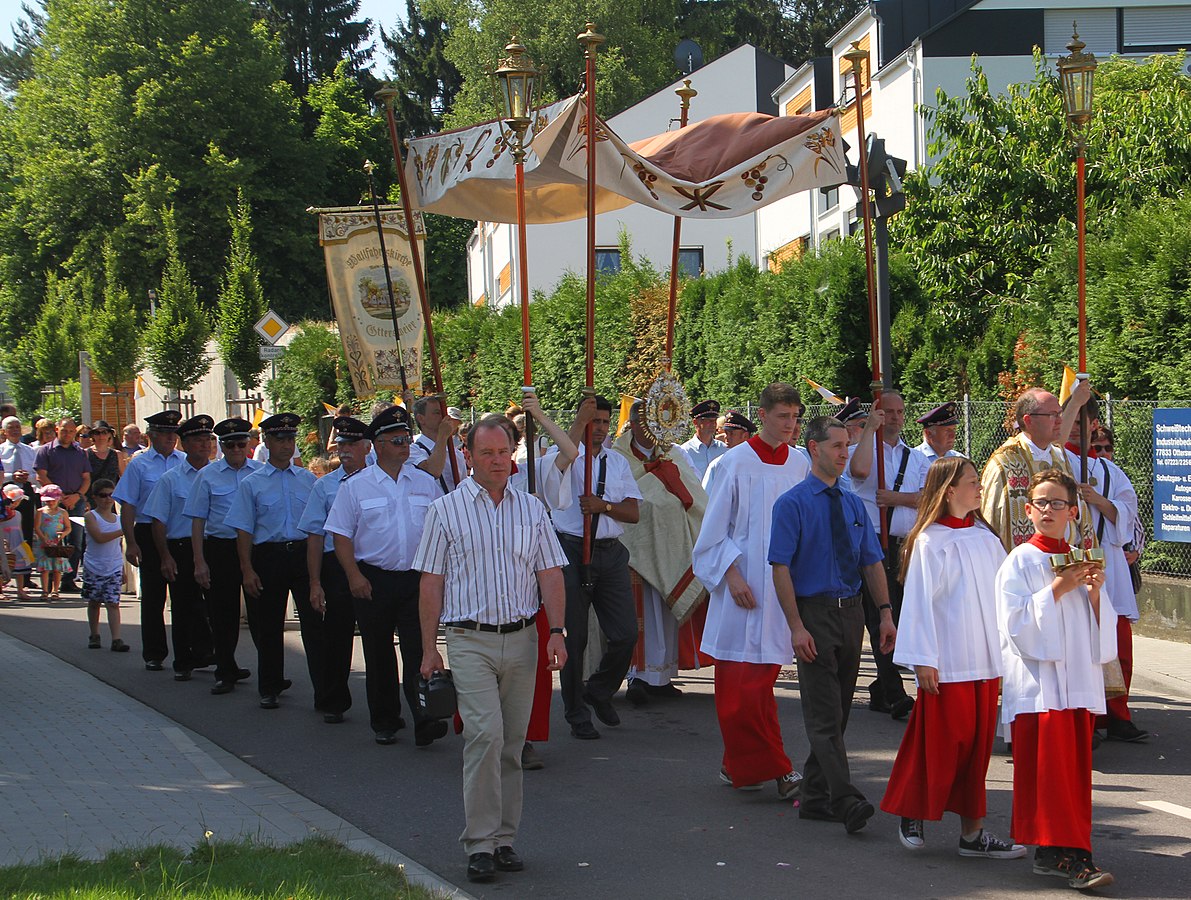Polish Archbishop Gądecki – a hope for the Church?
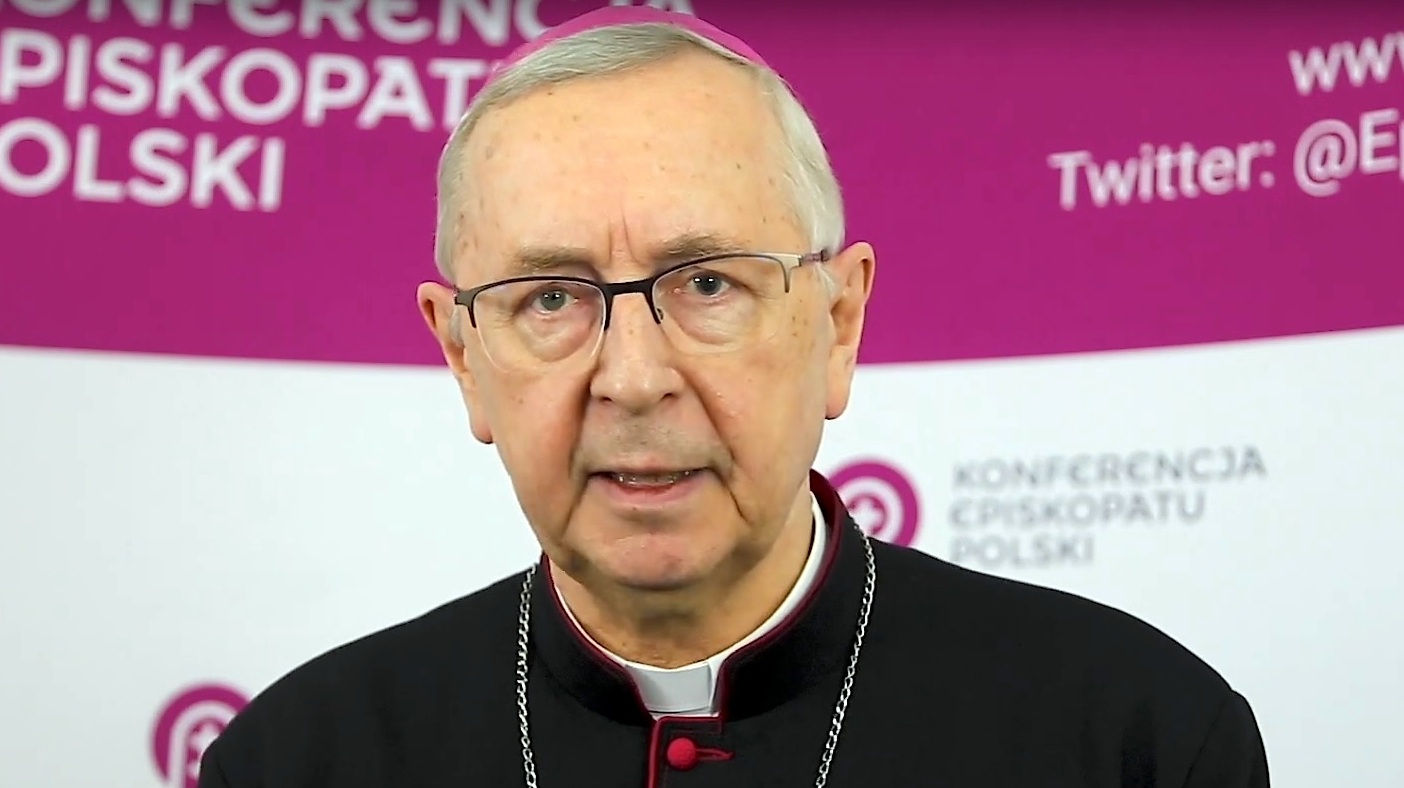
The Catholic media around the world see Polish Archbishop Stanislaw Gądecki as a man who could play a significant role in the Church.
Paweł Chmielewski
Compared with other bishops, the Metropolitan of Poznań stands out for his openness in speaking out about the revolutionary processes hitting Catholicism worldwide. He is now entering a phase when he could find it easier to engage in global issues.
Archbishop Stanislaw Gądecki turned 74 on October 19. The Metropolitan of Poznań is thus in his final year of ministry before reaching the customary retirement age for Catholic bishops, and he will submit his resignation to the Holy Father next year. This will coincide with the end of his second term as chairman of the Polish Episcopal Conference, a position he has held since 2014.
It might seem like the beginning of the end of his public activity, but in the Church, those bishops who are on the threshold of retirement or have already crossed that threshold often play a particularly important role. This is because they have nothing to lose and can speak out more freely. They are less dependent on the Holy See and various ecclesiastical and political structures. The foreign media’s hopes toward Archbishop Gądecki appear to be quite well-founded, and we can indeed expect the Polish archbishop to continue to play a significant role in the life of the universal Church.
A reader familiar with events in the Polish Church might bridle at such an assessment, recalling how in one respect or another Archbishop Gądecki has failed his hopes. There is no need to deny this, but Gądecki’s overall balance sheet will be drawn up later. Let us rather look at what can be evaluated positively in the PEC chairman’s record, especially in the context of the greatest challenges facing the Church today, both in Poland and around the world.
Synod on Synodality
The Synod on Synodality is undoubtedly such a challenge. Archbishop Stanislaw Gądecki has never been enthusiastic about Francis’ synods, and is even less so now. When Pope Bergoglio convened the two synods of bishops on the family in 2014 and 2015, it was Archbishop Gądecki who formed one of the few groups critical of revolutionary theological ideas.
In theory, both synods were supposed to deal with the renewal of family life in the face of the crisis of present times. In fact, the pope and his German-speaking backers reduced the whole matter to a discussion about allowing Holy Communion for divorcees.
Despite pressure from the Roman Curia, the Polish Episcopate, under the Metropolitan of Poznań’s leadership, issued pastoral guidelines in which it rejected synodal ideas of moral permissiveness, recalling that the traditional teaching of the Church, in recent years preached especially in the documents of St. John Paul II, invariably applies in these matters.
The Polish bishops’ stance did not meet with approval in the Vatican, and the Polish Episcopate’s strong dislike of Francis’ moral revolutions was one of the reasons why Poland fell into disfavor and did not gain any new cardinals until this year. Conservative opinion worldwide, however, remembers Archbishop Gądecki’s good and decisive actions at both synods.
When the Pope announced in 2021 that the Catholic Church around the world was embarking on a synodal path, Archbishop Stanislaw Gądecki could not hide his surprise. In a high-profile interview with the Polish Catholic news agency KAI, he indicated that the Synod on Synodality seemed to him like a kind of substitute Vatican III. He stressed the extremely short time Francis gave the bishops to prepare local synodal consultations, suggesting that it was in fact simply impossible to accomplish the task. He also warned against adapting the Church to the expectations of a secularized modern age. The KAI interview seemed to suggest that we were dealing with a dangerous farce.
The Polish metropolitan’s concerns were justified. In 2019, the Catholic Church in Germany began the “synodal path,” carrying on its banners the full acceptance of homosexuality, the liberalization of celibacy, the priesthood of women, and the democratization of the Church, among other things.
The Germans have said openly that they want their ideas to be reflected in the discussions held by the universal Church. It seemed that by organizing the Synod on Synodality, Pope Francis was actually preparing the ground for the implementation of these demands. Even in the first documents that the Vatican published on synodality, there were clear echoes of the German agenda: power in the hands of the laity, a radical fight against clericalism, a new role for women, “inclusivity,” and the “inclusion” of LGBT people…
In February 2022, Archbishop Stanislaw Gądecki wrote a highly publicized and widely reported letter to the chairman of the German Bishops’ Conference, Msgr. Georg Bätzing. Formally speaking, the letter was a fraternal admonition – a tool that bishops use extremely rarely in our times of total political correctness.
The German bishops had previously been admonished twice by their Ukrainian colleagues. However, the latter had limited their admonition to the issue of LGBT ideology. Archbishop Gądecki’s letter, meanwhile, dealt with the whole issue of the German “synodal path.”
While the Ukrainian bishops’ initiative was almost completely ignored by the Germans, Archbishop Gądecki’s letter was not. The Catholic media in Germany commented extensively on it, considering it an act of impertinence. Bishop Bätzing responded personally to the admonition; and finally the Vatican itself reacted, through the head of the Synod on Synodality, Cardinal Mario Grech. His response, however, was to criticize Archbishop Gądecki for opposing the German revolution.
For many months thereafter, the Metropolitan of Poznań refrained from making negative statements about synodality, which seemed to be the result of pressure from Rome. In recent months, however, he has returned to making critical statements.
In mid-September, a free insert on synodality prepared by the Episcopate appeared in Poland’s major Catholic weeklies. In his foreword, Archbishop Gądecki warned of the dangers of progressive ideas coming to the fore in the synodal discussion. Inside were several articles criticizing the ideas of democratizing the Church, abolishing mandatory celibacy, introducing the priesthood of women, and bowing to LGBT ideology. In a word, the insert hit on exactly the points that are most dangerous; Archbishop Gądecki also brought up one of the most dangerous elements of synodality, namely the attempt to create international bodies to limit the power of national episcopates and even the power of the pope himself. Among the authors of the articles to be found in the insert was Cardinal Gerhard Müller, one of the harshest critics of the Synod on Synodality and the ills it carries.
Archbishop Gądecki also gave an extensive interview to the leading German Catholic weekly Die Tagespost, where he made no secret of his reservations about Francis’ synodality, recalling Bishop Bätzing’s fraternal admonition last year. Gądecki said straightforwardly what many conservative commentators on Church life have been warning against for several years: the German revolution, even more so through synodality, could spill over into other countries and lead to a total catastrophe, a rupture of Church unity.
Gądecki’s attitude toward Russia
The Polish episcopate’s chairman has also been active in other fields. For example, he has been trying to counter the Vatican’s attitude toward Russia. The Pope hit the headlines in late August when he praised Moscow’s imperial legacy. In fact, the Holy See has been supporting Russian interests in Ukraine to varying degrees since the war began.
In an interview, the Metropolitan of Poznań strongly condemned the symmetry that characterizes Vatican diplomacy, that is, equal treatment of the invaders and the attacked. He also said that Rome was repeating the mistakes of the infamous Ostpolitik, implemented by Cardinal Agostino Casaroli during the pontificates of John XXIII and Paul VI. Bowing to the Soviet Union was supposed to improve the situation of Catholics in Moscow-controlled lands. In fact, it did not reduce persecution, instead making it easier for Russian intelligence to infiltrate the Church in many countries.
According to Archbishop Gądecki, the Vatican today similarly nurtures naive hopes of obtaining concessions from Russia.
Also extremely important is what the Episcopate said before the October 15 parliamentary elections in Poland. On September 21, the “Catholic’s Electoral Vade Mecum” was published, under the aegis of the PEC Council for Social Affairs, chaired by Msgr. Marian Florczyk. In it, the bishops reminded Catholics that they must not vote for parties that support the murder of unborn children or the old and sick, parties that harm the family and marriage and want to restrict the right of parents to raise their children, or parties that talk about eliminating freedom of conscience and faith.
Critics of this vade mecum said the Church was getting involved in politics. This is obvious nonsense: the bishops were simply doing their job. The Holy See itself teaches that the followers of Christ must not support political parties advocating legal abortion, homosexual “marriage” or referendums on the killing of children. It is good that Polish Catholics were reminded of this.
The chairman of the Polish Bishops’ Conference will probably not be in office for much longer, but the freedom afforded by his near retirement age gives hope that he will engage in key Church issues with even greater openness.
Not only Polish Catholics are counting on this. Ours is the last major country in Europe where Catholic Christianity is the religion truly professed by a significant portion of the population. In countries like Germany, Austria, Spain, and the United States, there is a very strong interest in the work of Polish bishops. Significant opportunities are also provided by the fact that clergymen of Polish origin are present in many countries around the world, often in leadership positions. It is worth using these ties and building resistance against the revolution going on inside the Church.
May God give Archbishop Gądecki the strength and will necessary to continue the struggle for the good of the Church.
This article was first published in Polish in the Do Rzeczy weekly in October 2023.
